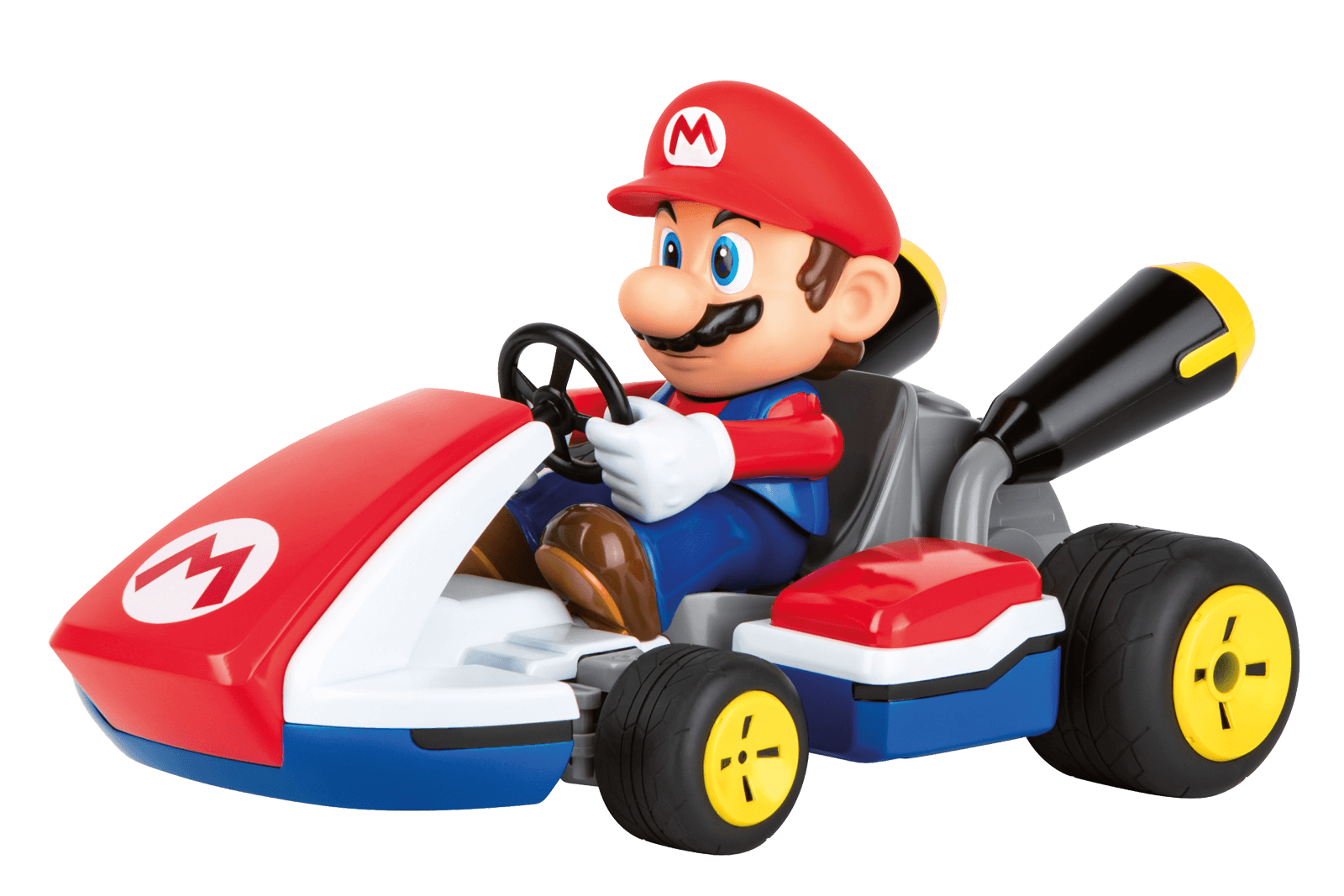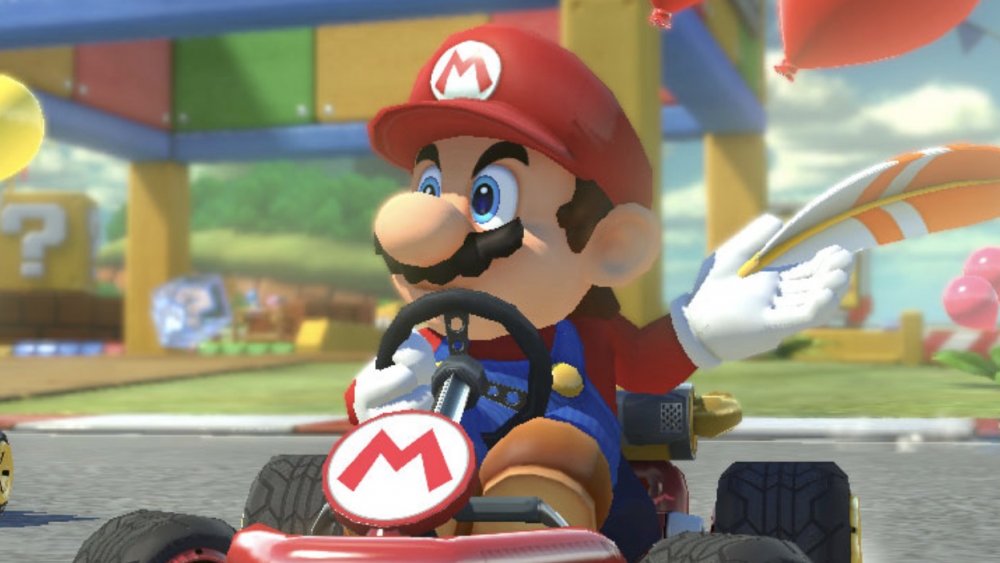

Super Mario Bros cabinet that looked a little different upon closer inspection. And it was during that first visit to Fun Time Pizza that I saw it standing right next to a Yie-Ar Kung Fu cabinet (which I probably hadn't seen in like a decade).


McAllen was 30+ miles from where I lived though so I never really got to check it out until I was able to drive.

I think Fun Time Pizza was pretty much the same as Showbiz Pizza? They had a stage show with animatronic robot animals and all that shit. Skate Kid Bros once in an arcade, at a pizza place called Fun Time Pizza in McAllen, Texas. version of SMB had some slight changes from its Famicom/NES counterpart, more on that later) The result? A hilarious, yet also baffling rom hack that makes one wonder what kind of theme they were really going for, and whether they thought arcadegoers would notice that the game still played exactly the same as Super Mario Bros (although it's worth clarifying that the arcade Vs. Super Mario Bros we all know and love, they did end up making changes to most of the graphics in the game. Skate Kid Bros if you want to call it that) did not make any gameplay changes to the Vs. SMB boards - so they'd get a new ROM chip(s) to install, a new marquee, a new instruction panel.
MARIO SKAT FULL
It was also not sold as a full bootleg kit (as far as I know anyway), it was only sold as an unofficial "add-on" for arcade owners that already owned Vs. And it was not a hack that changed gameplay in any meaningful way either. No, Skate Kid Bros was nowhere near as commonplace in the arcades as something like those SF2CE bootlegs. These unsanctioned bootlegs became surprisingly commonplace in arcades in the early 90's, although ultimately it's arguable that in the long run they ended up killing off a lot of player interest because it made for very unbalanced matches with all the new unfair abilities thrown into the games. A decade later, during the height of Street Fighter II's popularity in the arcades, many bootleggers were hacking the roms on SF2 Champion Edition boards, adding in new features like being able to do special moves in mid-air, and dragon punches that simultaneously launched a column of fireballs. which of course went on to be one of the (if not THE) most successful and iconic arcade games released in the United States. A lot of these hacks consisted of nothing more than title screen hacks to make the same game appear as a "new" game with a different name.īut some went beyond the name changes and actually changed the game program itself, like a certain hack of Pac-Man called "Crazy Otto", which was actually bought out by Midway and redesigned as Ms.
MARIO SKAT HOW TO
Some would just break copy protection and sell illegal copies of arcade games as-is (which certainly wasn't as easy as copying a PC game), while others would manage to figure out how to change certain things about a game and then sell it as a "new" game. The hacking was usually being done by bootleggers, looking to make some profit off the arcade market. Long before anyone dreamed of being able to play almost any arcade game instantly through their computer, there were people hacking arcade roms in a manner that was no doubt far less convenient than what's possible on a computer. Skate Kid Bros is a special case, though. well, don't really add anything meaningful to the original game. But for every positive thing people have done in the world of rom hacks, there are many more instances of rom hacks that. Others have made significant changes to the levels of games themselves, letting people experience a new game in an engine they're already familiar with. A lot of good things have come about from rom hacking, like translation patches - a lot of Japanese games have been fan-translated into English (and other languages!) for a larger audience to enjoy. Being able to look inside all the rom data and edit it directly has given people a way to make changes to classic (and non-classic) games. Rom hacks have always been one of the more interesting gaming-related things that's been made more accessible by emulation.


 0 kommentar(er)
0 kommentar(er)
